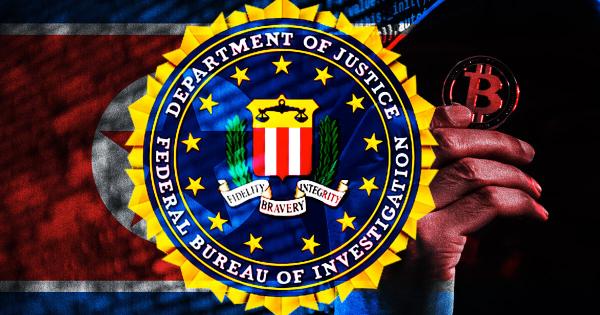Ripple files motion to block SEC appeal attempt

Ripple has filed a motion requesting the court to deny the SEC’s certification request for an immediate appeal of a recent court ruling that went against the regulator in its case against the firm.
The court ruled in July that automated open market sales of Ripple’s cryptocurrency XRP to the general public did not constitute securities sales because it failed to meet all four prongs of the Howey Test — the standard used to judge whether an asset should be classified as a security.
Ripple’s legal team argued in the filing that the court should reject the SEC’s certification request as it does not meet the exceptional requirements needed to secure approval for an interlocutory appeal.
For the appeal request to be approved, the SEC has to prove that a different judge would disagree with the ruling and, or, the appeal would expedite the case so a conclusion can be reached sooner. However, the lawyers claim the SEC has not proven that different judges could disagree with the ruling.
Additionally, the legal team further argued that the SEC has “conceded” that the case needs “protracted litigation” regardless of the outcome of its appeal and granting the certification request would not speed up the case.
The lawyers wrote in the filing:
“First, the Court’s summary judgment order does not present a controlling question of law suitable for interlocutory appeal. Second, the supposed substantial ground for disagreement is merely the SEC’s dissatisfaction with the Court’s application of the Howey test to most of the Defendants’ transactions in XRP.”
Ripple and the SEC have been embroiled in a legal battle for a number of years now, with the July ruling driving expectations of a favorable outcome for Ripple and much-needed regulatory clarity for the crypto industry.
The case is now expected to go on full jury trial in the second quarter of 2024.
The final court decision in Ripple’s case will impact the entire crypto space as it will set a precedent for what can and cannot be considered a security under current U.S. laws.





